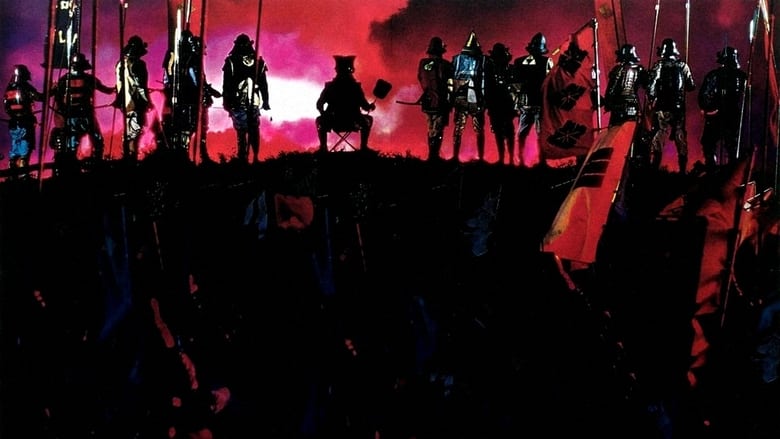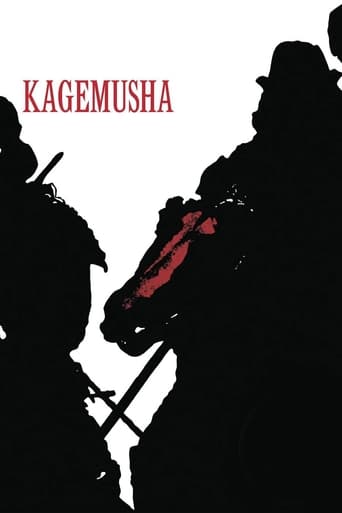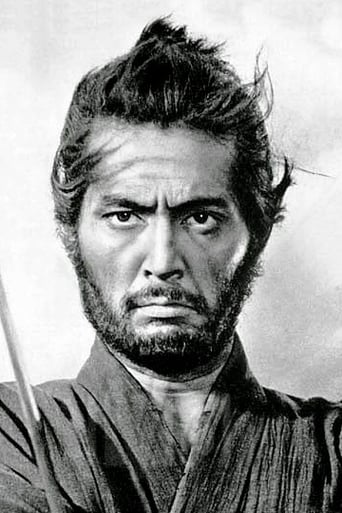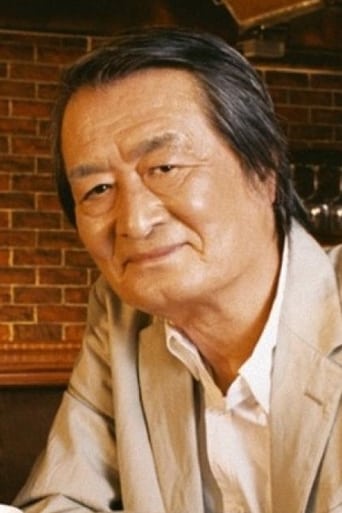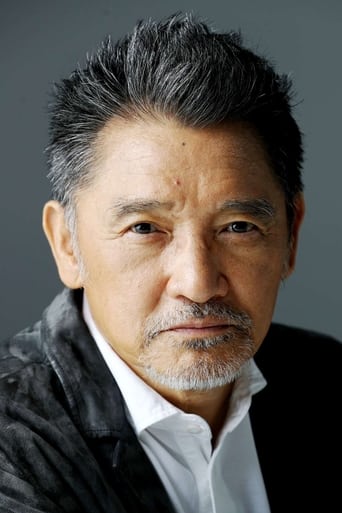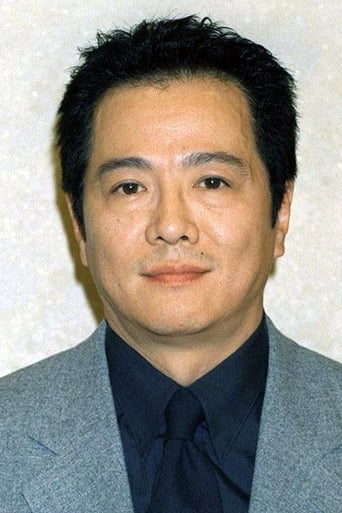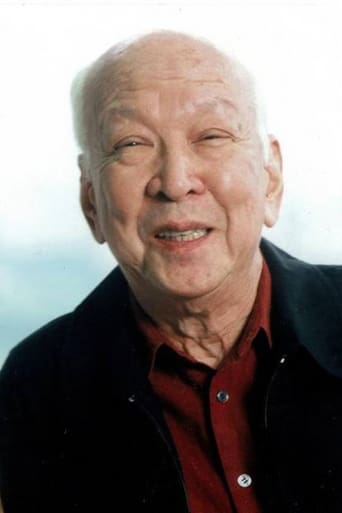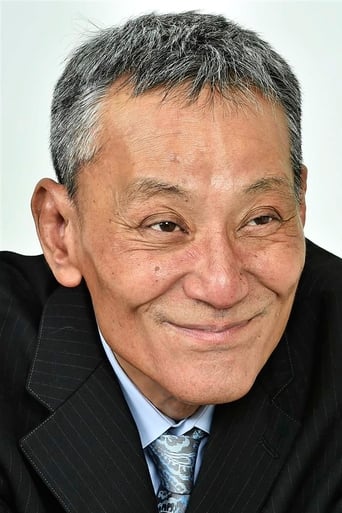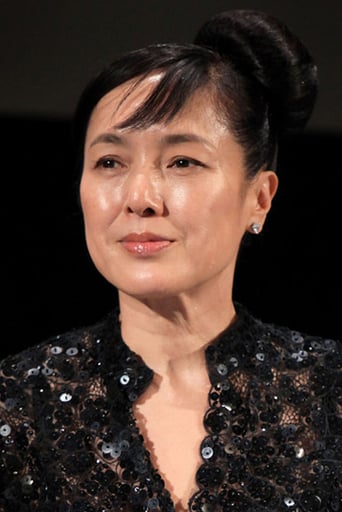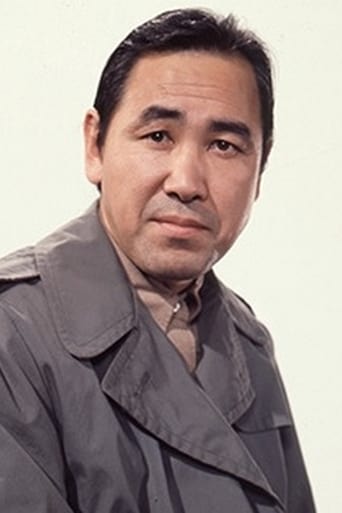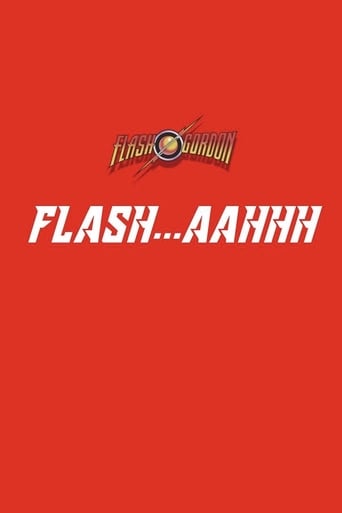Akira Kurosawa's lauded feudal epic presents the tale of a petty thief who is recruited to impersonate Shingen, an aging warlord, in order to avoid attacks by competing clans. When Shingen dies, his generals reluctantly agree to have the impostor take over as the powerful ruler. He soon begins to appreciate life as Shingen, but his commitment to the role is tested when he must lead his troops into battle against the forces of a rival warlord.
Similar titles
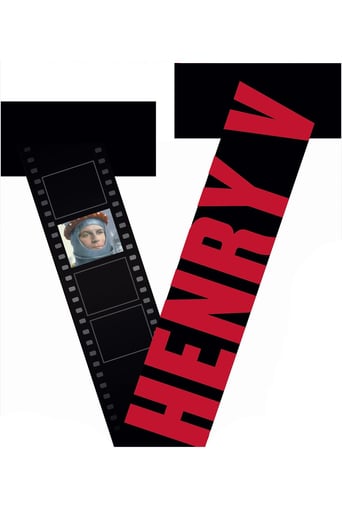
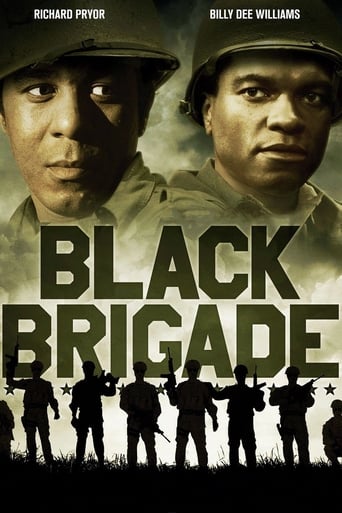
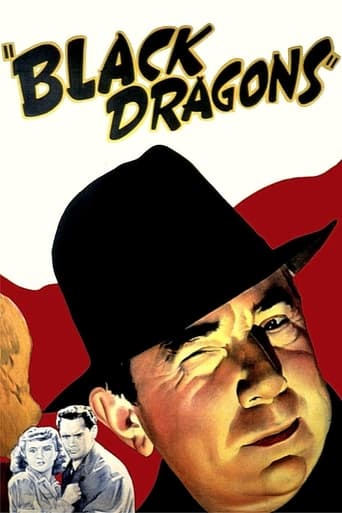


You May Also Like
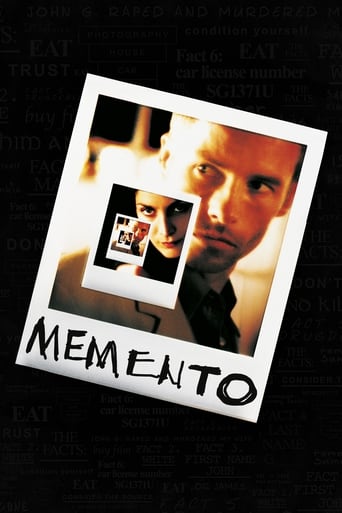
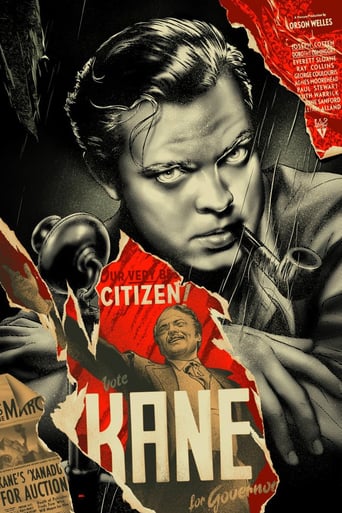
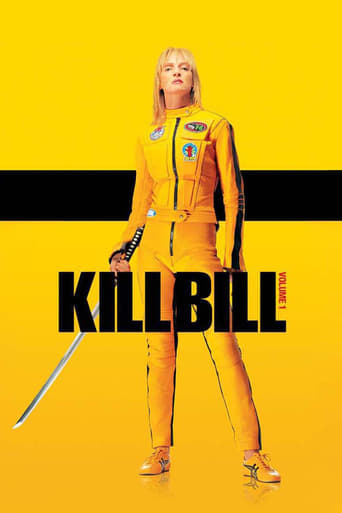
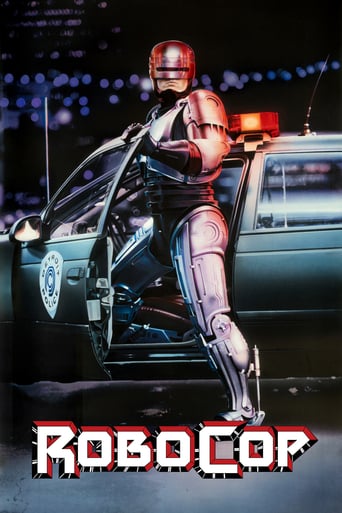

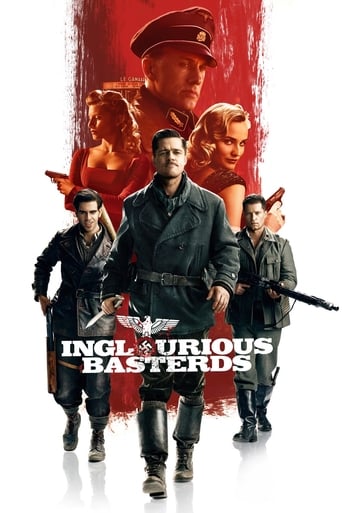
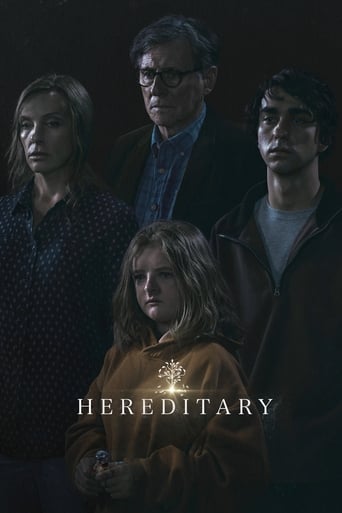
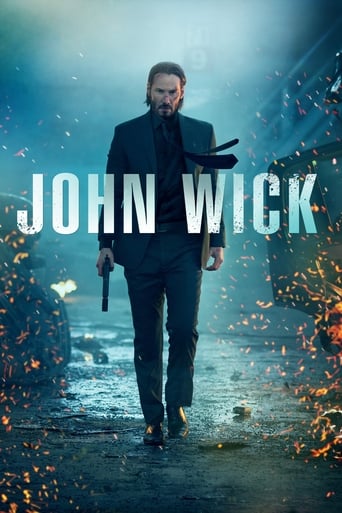

Reviews
So much average
Although it has its amusing moments, in eneral the plot does not convince.
The film creates a perfect balance between action and depth of basic needs, in the midst of an infertile atmosphere.
The movie turns out to be a little better than the average. Starting from a romantic formula often seen in the cinema, it ends in the most predictable (and somewhat bland) way.
I think you, viewer, and reader of this review, should avoid Kagemusha.Here is why.I'm a long standing fan of Kurosawa, and i consider Rashomon and Shichinin no Samurai two of the greatest films ever made; Kagemusha, is a very, very different beast.First off, it's a three hour marathon. I grew up in the 70s and 80s and it was not uncommon for directors to write cinema-quality films that lasted for five or six hours, which would then be serialized on TV. But to stomach the whole of these 187 minutes, it takes the most hardcore film snob.The main story is of, Toshiro Mifune (which has carried the brunt of Kurosawa's work), here as a lowly thief who is at the right place at the right time. He looks just like a local lord who has just died, so they put him in place as Kagemusha, or "stunt double". There is an opposing clan (the Oda/Tokugawa alliance) which wants to attack them, but they are scared of the lord's tenacity.Now, this film has tons of fantastic acting, superb touching moments from Mifune, as he changes - like his character does - from thief into feudal lord, more and more adapting to the role within the role.But it's also three bloody hours.See, the issue here is that the classic "hero" solution cannot work; this is a historical piece and Mifune's character must fail, despite how much we root for him. This not only leads to disappointment, but also sets the film's needs for lengthy and complex developments of the background, rather than focusing on the character arcs, such as 7 Samurai does.And this is why i have a hard time recommending Kagemusha to the viewer. It's a documentary interspersed with some character drama, but if you are not prepared to watch over two hours of medieval troops marching, i suggest you give this a miss. It's a shame because with some solid editing you could get a 1-hour film of great class; but then again maybe a re-write would be better.8/10 - it might be a masterpiece, but it's not a FILM masterpiece.
The smoke in "Kagemusha" lingers in my mind, whether it comes from the morning fog over a lake, or the end of a barrel from a gun in its spectacular battle sequences. Tatsuya Nakadai plays both the Warlord and the Imposter, and how captivating he remains during this plight. Though Toho Studios couldn't afford to complete the movie, longtime Kurosawa enthusiasts George Lucas and Francis Ford Coppola convinced 20th Century Fox to pay the remaining budget for international distribution rights. Lucas and Coppola were awarded executive producer credits.Set in the Sengoku period of Japan, a thief is spared death and taught to impersonate a dying warlord in order to dissuade opposing lords from attacking the vulnerable clan for the next few years. Though initially reluctant and unworthy, the imposter begins to earn the clans respect and comes to enjoy the love of his people and his position. The story is based on daimyo Takeda Shingen, and the film culminates with a stunning portrayal of the 1575 Battle of Nagashino.The colours of this movie are beautiful, the highlight being the unforgettable "nightmare" sequence in all its gorgeous silence. Shintaro Katsu (Famous for playing blind blade master "Zatoichi", for some 25 movies) was originally the lead, however he supposedly angered Kurosawa when he brought people along to film Kurosawa's directing abilities. This lead to the employment of Mr. Nakadai, and easily remains his best performance in his line of Kurosawa pictures. Sure he already appeared as the Uber cool gunman in "Yojimbo" (1961), and would also go on to portray a heartbreaking rendition of insanity in "Ran" (1985). Here he is two separate people imitating the other one seamlessly. Being a 3 hour picture and in terms of pacing it is possibly the slowest of Kurosawa's filmography, and I think 20 minutes of this movie could be removed and you wouldn't be able to tell the difference. With all that said though, "Kagemusha" won the 1980 Palme d'Or at the Cannes Film Festival, and I still remember all of its imagery vividly.Final Verdict: One of Kurosawa's last great epics, and certainly one of his period drama's worth watching. 9/10.
While not in my top 5 Kurasawas(Seven Samurai, Ran, Ikiru, Yojimbo, The Hidden Fortress), it is a very impressive film in its own right. The use of colour and the camera work are absolutely wonderful, as is the delicacy and ambition of Kurasawa's direction and the hauntingly beautiful music. The last part of the film seemed rather rushed to me(though the very end is indeed powerful), but the rest of the story is very poignant, stirring stuff with a good mix of simplicity and complexity. The script is almost Shakespearean in quality, the characters are multidimensional with the relationship between the Lord's men and the thief Kagemusha's most fascinating assets and the lead performance of Tatsuya Nakadai is outstanding, as far as I'm concerned one of the finest lead performances of any Kurasawa film that isn't Toshio Mifune. In conclusion, not one of my favourite Kurasawas but still a great film with much to admire. 9/10 Bethany Cox
Akira Kurosawa, acclaimed Japanese film writer and director, is probably best known in the west via his influence on many notable new wave era filmmakers. Here two of those Kurosawa acolytes, George Lucas and Francis Ford Coppola, repaid the debt as it were by helping to finance the Japanese veteran's most ambitious and stupendous epic yet. In spite of its grandeur, Kurosawa would later dismiss Kagemusha as a mere "dress rehearsal" for Ran, his even vaster epic of 1985. But when watching this earlier picture's awesome pageantry and historical re-enactment, one's likely response is "some rehearsal!" Kagemusha takes Kurosawa back to his biggest hits of the 1950s, being set in war-torn feudal Japan. However the focus is very different, moving away from the peasants, bandits and disgraced warriors as protagonists and small-scale human relations as his themes, now looking at the machinations of the highest echelon of that society, with an often cold and distant eye. Since his 1971 suicide attempt Kurosawa seemed to become more cynical and detached from human affairs, not just as a writer but also in his technical style as a director. Kagemusha contains very few close-ups, with even key dialogue scenes filmed with vast gaps between camera and actors, and objective god-shots for the busier scenes.And yet there are similarities here with Kurosawa's much earlier pictures, especially in the director's aesthetic use of movement and stillness within the frame. Check out the scene in which the soldiers hear an enemy playing a flute from across the lines. The men are completely motionless, and the only movement is a flickering fire in the background and the occasional twitch of a flag in the breeze. It makes for a considerably mystical moment. But this approach has a function beyond the aesthetic. The opening scene, filmed all in one shot, shows Lord Shingen, the impersonator (both played by Tatsuya Nakadai) and Nobukado (Tsotomu Yamazaki) all sat in the throne room. The impersonator does not speak until near the end of the scene, but our eyes are drawn to him because of his movements – the occasional change in posture or flash of the eyes – and the comparative stillness of the other two. This long unbroken take means the room, with its great floral crest, is imposed into our minds, and resonates later on when we see Nakadai in the same room, now instated as the lord.And despite the distances between camera and cast, the colourful costumes against plain backdrops really puts an emphasis on the people in Kagemusha, allowing them to express themselves through body language more than facial expression. Lead man Tatsuya Nakadai is really adept at this, putting so much feeling into a shrug of his shoulders or a turn of his head. When you see, in this picture, the complex vocal arrangements and stylised movements of the Noh troupe, or the drummers who are able to make two strikes a fraction of a beat apart, you see examples of precise co-ordination in many formal rituals of Japanese culture. Nakadai has that same precision and control over his body, and turns them towards both theatrical gesture and realist reaction. And in those one or two cases in which we get to see his face close-up we see his talent there too, an ability to display a real look of emotional injury.So far there is very little I have said about Kagemusha that one could not also say about the later epic Ran, with the exception of Ran being a little an even bigger production and a little more stylised. So perhaps Kurosawa was right to think of the earlier picture as being a lesser forerunner to the later one. And yet, Kagemusha has the edge over Ran in one aspect. Whereas Ran is a totally dismal and inhumane affair, Kagemusha retains the heart and humanism of Kurosawa's older pictures. Composer Shinichiro Ikebe provides a rousing orchestral score, shot through with a touch of melancholy, and this beautifully matches the tone of the whole piece. It may lack the hopeful message of Seven Samurai or Rashomon, but it has the same warm regard for its characters that, even with a more objective eye, Kurosawa allows us to share in.
Top Streaming Movies











